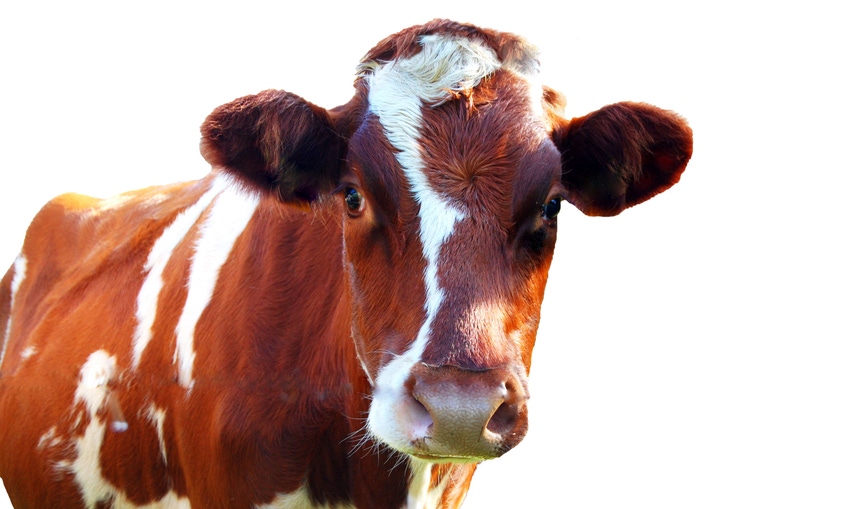Personality traits can be useful indication of which dairy animals will be most or least productive at different life stages.
February 14, 2020

Dairy cattle undergo personality changes during puberty, much like people do, according to new research from the University of British Columbia (UBC) published in the Royal Society Open Science.
While the personality traits of cattle are distinct and consistent at a young age and during adulthood, that isn’t the case during puberty, according to researchers from the Animal Welfare Program in UBC’s Faculty of Land & Food Systems. They conducted a long-term study to understand the development and stability of personality traits over dairy cattle’s lifetime.
In discussing the findings, UBC professor and senior author on the study Marina von Keyserlingk explained that her group commonly tests for personality in farm animals by exposing them individually to new situations and then recording their behavior.
"These tests include a novel environment, a novel human and a novel object. Different individuals will react in different ways. For instance, some calves and cows will immediately approach and investigate the object or human or explore the new environment, while others will never touch the object or human and stand still for the duration of the test. We interpret the collection of these behaviors as reflecting two key personality traits: bold and exploratory," von Keyserlingk said.
She reported that cattle were consistently "bold" or "exploratory" in the early rearing period — from birth to about three months of age, as well as during a later period of development from about one year to 2.5 years of age. However, she said, "the study showed that during puberty, when calves reached sexual maturity, there appeared to be a change in personality. This means that dairy cattle show consistent personality as calves and adults, but with a period of inconsistency around puberty. This phenomenon is similar to that seen in humans, where teenagers often will express different personalities to that of when they were younger and may again express different personalities when they grow up."
Von Keyserlingk added that these personality changes around puberty have also been observed in squid, fish, junglefowl and small mammals like hamsters and mice.
She cited major physiological changes — such as changing hormone profiles and growth rate — in the body at this stage of development as contributing to these changes, but environmental changes may also contribute. In the case of dairy cattle, she pointed out that heifers are often mixed with new animals or are placed in new pens and have to learn how to use new feeding equipment.
According to von Keyserlingk, "The reactions of the calves and cows to our novel test situations likely reflects how they will react to actual novel or stressful events on the farm. In an earlier study we conducted, exploratory calves in these test situations were seen to eat more and gain more weight. Other studies have found that cows that are more fearful of humans ate less and produced less milk. These findings are important because they show that personality traits can be a useful indication of which animals will be most (or least) productive on the farm at different life stages. Farmers could potentially identify calves and cows on the basis of personality who are likely to do well or poorly when faced with stressful farm-management practices."
You May Also Like



